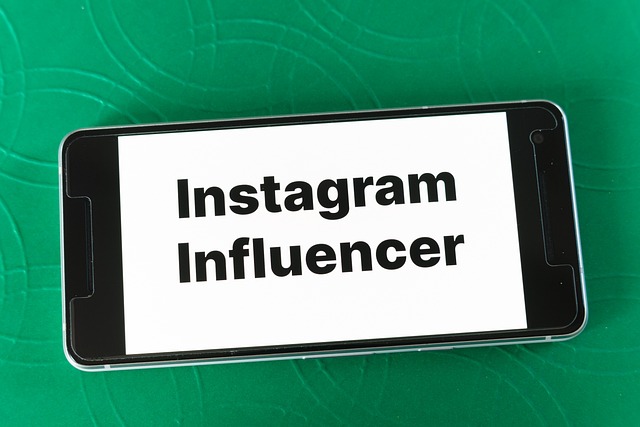Navigating Influencer Ethics: Impact and Integrity in the World of Social Media
In the ever-evolving landscape of social media, influencer ethics has become a crucial topic of discussion. As the virtual world grows, so does the responsibility that influencers bear when it comes to their impact on audiences. The dynamic nature of platforms like Instagram, TikTok, and YouTube has transformed the relationship between content creators and their followers, raising significant questions about integrity, authenticity, and trust.
Social media impact is profound. It has the power to shape opinions, influence purchasing decisions, and create movements. From lifestyle advice to political activism, influencers hold the ability to reach millions with a single post. However, with great power comes great responsibility. The ethics of influencing aren’t just about promoting products; they involve transparency, honesty, and a commitment to the well-being of an audience.
In recent years, we’ve seen influencers face backlash for failing to disclose sponsored content or for promoting unrealistic standards that may negatively affect mental health. The conversation around influencer ethics urges both creators and consumers to engage in a more meaningful dialogue. How can influencers maintain authenticity while collaborating with brands? How can followers discern genuine recommendations from paid advertisements?
For influencers, the key lies in building a community based on trust and integrity. Authenticity should be at the core of their content, not just a buzzword to attract more followers. By sharing personal experiences and being transparent about their partnerships, influencers can foster a deeper connection with their audience. This approach not only enhances their credibility but also encourages followers to make informed decisions.
Moreover, social media platforms have started implementing guidelines to ensure greater accountability among influencers. Clear disclosure of sponsored content is now widely recognized as a necessity for maintaining ethical standards. However, it is not enough to just state when a post is sponsored. Influencers should strive to engage their audience meaningfully, sharing their real thoughts and feelings about the products they promote.
A growing number of consumers are becoming more discerning about the influences in their lives. They are looking not only for great products but also for sustainable and ethical practices. This shift emphasizes the need for influencers to align with brands that reflect their values. By choosing partnerships that resonate with their personal beliefs, influencers can enhance their authenticity and strengthen their audience relationships.
Ultimately, the future of influencer ethics lies in a mutual effort. As influencers nurture their integrity, audiences must also engage critically with the content they consume. Encouraging discussions around ethical practices can help create a more responsible social media environment. By navigating the delicate balance of influence, both creators and consumers can work towards a landscape that prioritizes authenticity, respect, and a positive impact.




